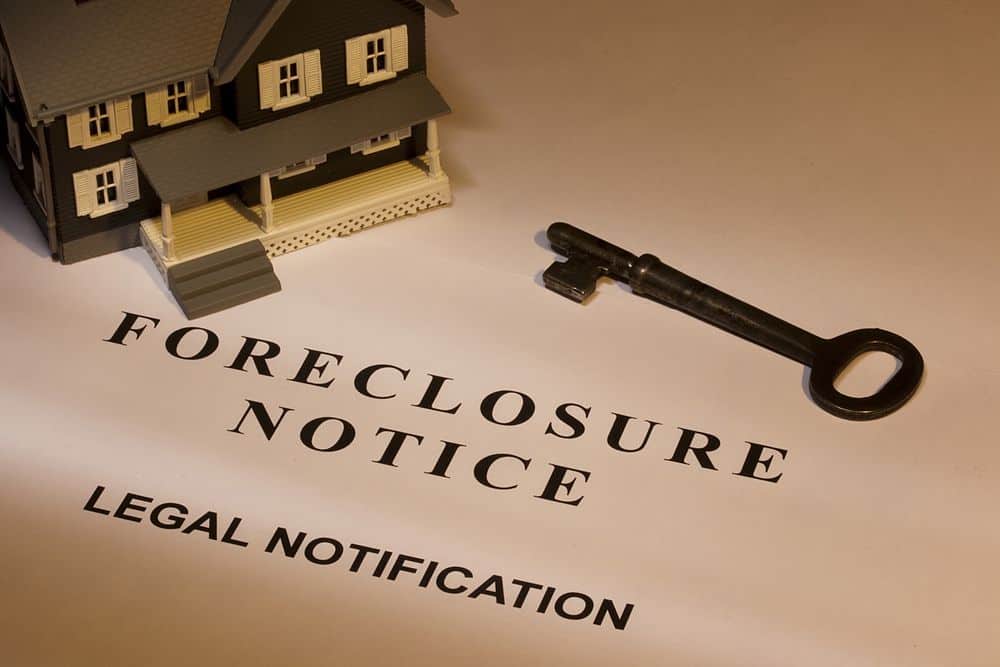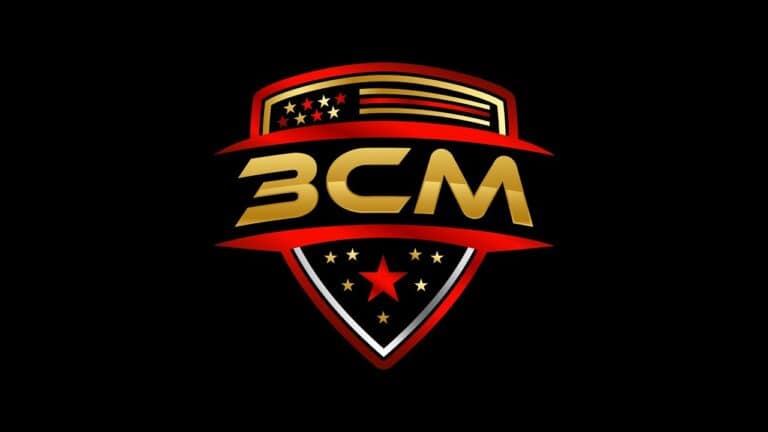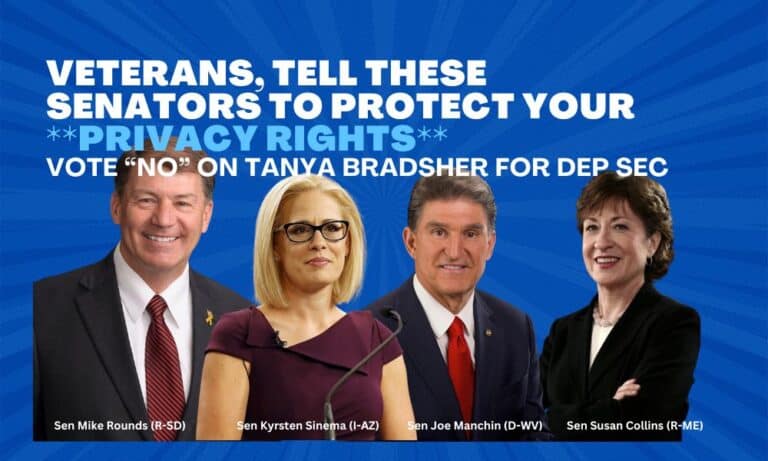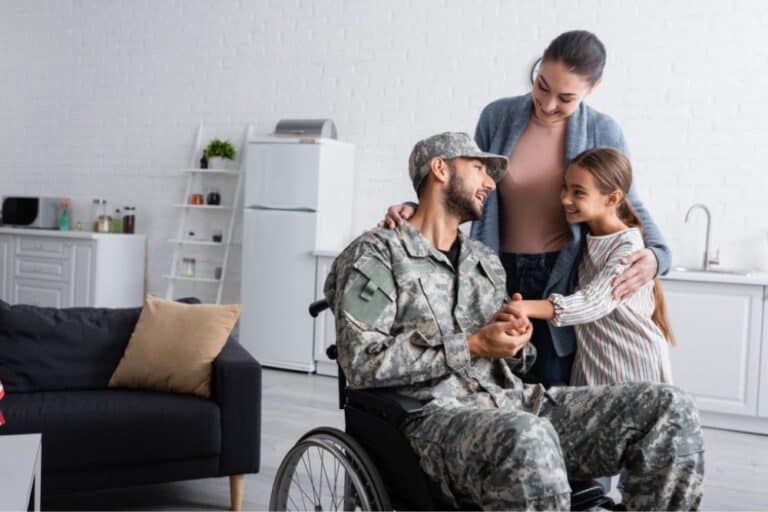VA Launches ‘Last Resort’ Loan Initiative to Assist 40,000 Veterans in Retaining Their Homes
The Department of Veterans Affairs (VA) is introducing a new initiative in May, the Veterans Affairs Servicing Purchase program (VASP), aimed at providing crucial assistance to veterans facing the severe threat of losing their homes. This program targets veterans who have defaulted on their home loans and are not eligible for other VA loan assistance, positioning it as an essential safety net for those most in need.
Subscribe to our weekly newsletter and stay up to date.
A Safety Net for Veterans
VASP will see the VA purchasing delinquent loans from lenders, thus becoming the primary loan servicer. This arrangement promises a stable payment plan at a fixed rate of 2.5% for the remainder of their loans. Joshua Jacobs, VA Under Secretary for Benefits, emphasized the program’s intent, stating, “VASP is a last resort option that may be available when it is the most appropriate home retention option under VA’s home retention waterfall.”
Challenges in the System
Since 1944, the VA has backed over 28 million home purchases for veterans and currently supports over 3.7 million veterans with VA-guaranteed home loans. Despite these impressive figures, the need for VASP highlights ongoing challenges in the system, particularly in the wake of financial upheavals caused by the pandemic.
Navigating Financial Turbulence
The discontinuation of the Partial Claim Payment program post-pandemic has indeed put many veterans at risk by requiring them to immediately cover full payments of missed amounts amidst rising interest rates. While the introduction of VASP is a positive step, it also underscores the need for the VA to continue developing strategies that address the root causes of veterans’ financial struggles.
Improving Accessibility
One area for improvement in VASP is its accessibility. Currently, veterans cannot apply directly to the program; instead, mortgage holders identify eligible veterans and initiate the application process. This indirect method could delay access to the program, suggesting that a more direct application process could better serve veterans’ immediate needs.
Balancing Financial Benefits and Veteran Support
Additionally, while the program is reported to be “net revenue positive,” saving the federal government $1.5 billion over ten years, it’s crucial that the financial benefits do not overshadow the primary goal of the program—supporting veterans in maintaining their homes. VA Under Secretary Jacobs further noted the fiscal impact, stating, “the new program is projected to be net revenue positive for the federal government, resulting in a benefits reduction of $1.5 billion over 10 years.”
A Comprehensive Approach
The VA’s effort to provide a last-resort option to prevent veteran homelessness through VASP is commendable. However, this program should be part of a broader, more proactive strategy that includes preventing financial distress among veterans before it leads to potential foreclosure. Simplifying access to VASP and ensuring it is part of an integrated approach to veteran support will further strengthen the safety net that many veterans rely on.
Continual Improvement
In conclusion, while VASP is a significant step in the right direction, the VA should focus on continual improvements to ensure that all programs genuinely meet the needs of veterans and provide them with the stability and support they deserve.
Frequently Asked Questions (FAQs)
What is the Veterans Affairs Servicing Purchase Program (VASP)?
VASP is a program introduced by the VA to help veterans who are at high risk of foreclosure by purchasing their delinquent loans and becoming the primary loan servicer. This provides veterans with a stable payment plan at a low fixed interest rate.
Who qualifies for VASP?
The program is designed as a last resort for veterans who have defaulted on their VA-guaranteed home loans and are ineligible for other VA home retention programs. Mortgage holders will identify and initiate the application process for qualifying veterans.
How does VASP work?
Once a mortgage holder identifies a veteran eligible for VASP, the VA purchases the loan from the lender and takes over as the primary servicer, offering a fixed payment plan to help the veteran manage their financial obligations more effectively.
What is the interest rate offered under VASP?
The program offers a fixed interest rate of 2.5% for the remainder of the loan to provide financial stability and affordability to veterans struggling with mortgage payments.
Can veterans apply directly to VASP?
No, veterans cannot apply directly to VASP. Mortgage holders are responsible for identifying eligible veterans and submitting the application on their behalf. This indirect approach is designed to integrate the program with existing processes but may require further streamlining to ensure timely support for veterans.







Off topic but, accept for psychiatric doctors, every mental health professional outside VA has been above and beyond better than those at VA. I would say the same for doctors but that’s really not fair because doctors at VA can only do so much in a broken system. It’s like a grocery store with two products on the shelf, those two products not meeting your nutritional needs. You would die basically. The outside Dr can fix a problem in three days that it would take the VA two months to never to fix. That’s usually what happens when you need something done at VHA..it gets done in two months or never. And that’s primary care. The most shocking thing is that they are expanding VA! It’s already a failure, ineffective, inefficient, and a scam. Most of the psychologists there you would not want to go see if your life depended on it (bottom of the barrel and you can’t trust them for shit) and since around 2015, the psychiatrists never know when their pay will be cut. I feel sorry for them because many of them actually believe that VHA will function properly one day.
Very True and Congress does nothing to fix it, and then there is Jon Tester chair of the VA committee he is useless, a waste and like them all is just in the Senate for what he can glean out of the system for his personal benefit
This is not a good idea or direction, this like the student loan forgiveness these veterans like the students took out loans for their benefit, they have a obligation to handle their financial affairs like paying their bill, they received substantial lower rates and benefits , they have a obligation to properly administer their repayment of these obligations now to offer options because of their poor handling at taxpayer expense is wrong. Being a veteran these benefits are great but they should not be a handout for people to live off the taxpayer.
VA loan rates aren’t that much lower than conventional rates.. you have no idea what you’re talking about.
So a veteran with a VA loan who is disabled and had a spouse loose her job during a global covid pandemic couldn’t make payments.
Every other government backed mortgage program (FHA, USDA, Fannie, Freddie, etc etc) offered a deferment option and a common sense loan modification option.
VA failed to follow a similar common sense approach and left those with VA loans on the hook for immediate full repayments of their arrearages during covid.
Now VA is rectifying the problem by offering to buy the loans. They are not forgiving the debt at all. Veterans aren’t “living rent free.” The veterans are still required to repay their loans. However, the interest rate will be lowered to 2.5%. Also just an FYI most VA fixed rate loans in the year prior to covid and the crazy inflation related jumps were at rates between 1.99-3.75% at the time many bought their homes. Existing VA loan’s were regularly refinanced in the above range.
All this reduced interest rate is doing is protecting vets from being forced into 7-8.5% loans that are a result of the feds interest rate hikes post covid to slow inflation.
It’s not a hand out. It’s not free money. It’s a hand up to some of the most vulnerable of our nations population. A vulnerable group who all volunteered to serve. TYFYS boomer
A very uninformed response, everyone who borrows has the obligation to pay it back so why should taxpayers have to buy back a loan because some does not pay the loan obligation. Ok so the spouse lost her job how many other people lost their jobs and the government never reduced their obligation or changed the conditions of the terms. By the way you again are making a assumption here without knowing facts (TYFYS boomer)